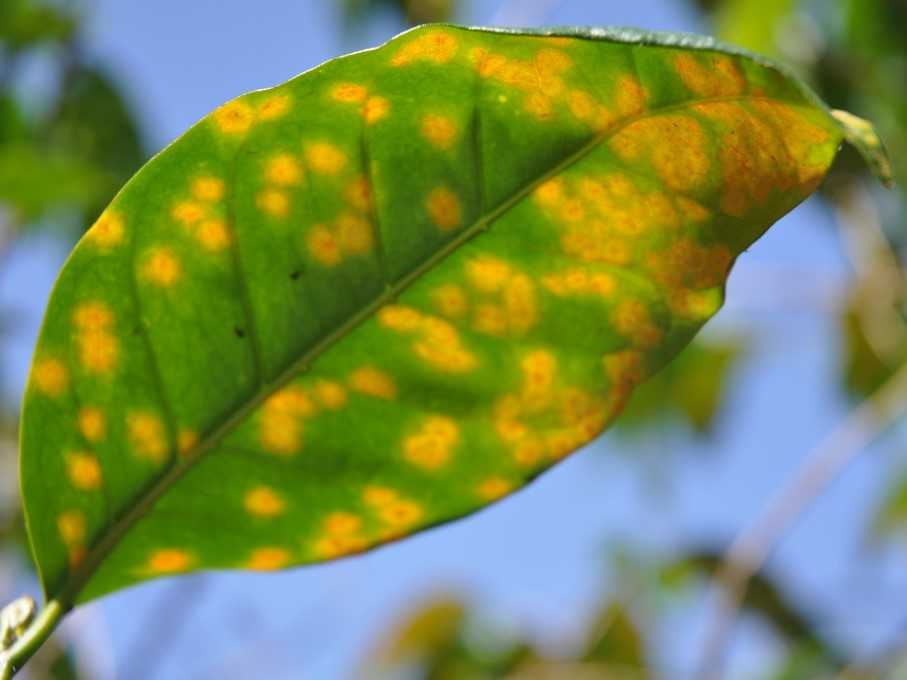One of these diseases is coffee leaf rust, or “la roya”, which is an increasing problem for Latin American producers. In 2012-2013, some Latin American Fairtrade coffee producers lost 30 to 90 percent of their coffee crop to La Roya. Fairtrade is supporting producers to plant more resistant coffee varieties and training them on how to increase the plants’ resilience to climate change.
Local expertise aiding recovery of coffee plants in El Salvador
The Jabali Cooperative is situated on the slopes of the San Salvador volcano in El Salvador. In recent years, they have lost all their coffee plants to leaf rust. With funding from Fairtrade International, support from CLAC and advice from local experts, the cooperative is now recovering from this catastrophe.
“It has been difficult but we are working together to face the situation because this coffee is our future,” says Jabali coffee farmer Rigoberto Aguilar.
“The results of the project motivate us to continue improving. We are expecting to recover and, in three years from now, to be producing coffee again”. Farmers at Jabali have been trained on climate change and are learning sustainable land management practices. In 2015 farmers planted 45,000 new coffee plants.
Growing stronger in Chiapas, Mexico
In 2014 German retailer Lidl funded a climate change project with Fairtrade farmers in Peru. Coffee producers from the small producer organizations CAI Sonomoro and CA Sangareni in Pangoa, Peru planted 72 000 new coffee plants and were trained on climate change risks and agricultural practices to increase resilience.
This year, Chiapa coffee producers from Tiemelonla Nich Klum Cooperative are benefitting from Lidl funded training on climate change risks and opportunities. The cooperative will plant 125,000 more resistant coffee plants next year.
The farmers will also be trained on sustainable integrated pest management, soil nutrition and fertilization, and land management.
Inclusive climate change adaptation in Central America
In Honduras, Guatemala, and Nicaragua, the Fairtrade Finland Development Cooperation Programme is supporting Fairtrade coffee cooperatives. A big part of this programme is inclusive climate change adaptation and resilience, focusing on women and youth who are vital actors in bringing about change.
In Honduras producers planted more than one million new coffee plants on their farms to replace those destroyed by coffee leaf rust.
Producer organizations also installed solar driers to avoid coffee getting wet due to unpredictable rain patterns. In 2016, farmers will get training on how to make their own organic fertilizers.
Guatemalan cooperatives planted almost 400,000 new plants and set up 24 organic fertilizer production centres with another 15 planned for 2016.
Here the farmers use local ingredients to make organic fertilizers so they can avoid using synthetic fertilizers that contribute to greenhouse gas emissions.
More than 7000 Guatemalan producers have benefited from the programe, half of them women.
In Nicaragua 20 women-owned demonstration plots were set up with 30,000 new coffee plants, and producer organizations used their own resources to plant more than 400,000 coffee plants.
Good agricultural practices were documented for the cooperatives to use as a base for new integrated management plans.
The project is supported by the Coordinator of Latin American and Caribbean Producers (CLAC), Fairtrade Finland, Finnish Ministry of Foreign Affairs, and Fairtrade International.
Read about Fairtrade’s work to address climate change.


















